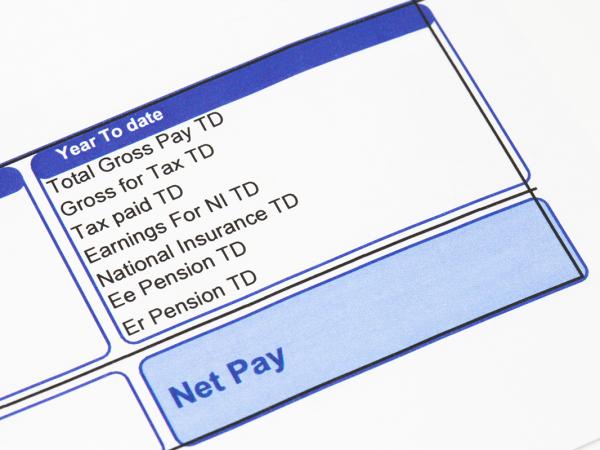Employment law
If you are going to employ someone, you must find out about your employment law responsibilities.

Content on this page:
Background
Taking on someone as an employee, even for only a few hours a week, brings with it almost the same range of issues that exist for a business employing thousands of workers.
You may think this is excessive, but all employees, whether they work for a large or small employer, are given many rights in law to prevent them from being taken advantage of. Matters such as employment contracts, pay, working hours, holiday entitlement and the rights of employees in the workplace are all important areas for a new employer to get right. Getting things right from the start can prevent many problems from arising later.
We are not employment law experts but to help you understand your responsibilities, we set out some basic guidance in the following pages, along with information on where to find more help below.
- Employment law status: is the person you take on an employee, 'worker' or self-employed? Your responsibilities depend on their status.
- Employing staff in more detail: you do have an employee? Find out more about employment contracts, pay, working hours, holiday entitlement and other rights and protections.
Where can I get more help?
There is lots of information and some tools to help you in the Employing people section of GOV.UK which we direct you to frequently.
On GOV.UK, you can also find the introductory guide Employing staff for the first time which you may find useful.
Apprentices – extra considerations
If you are employing an apprentice, there may be extra considerations. For instance, many of the special protections in the Working Time Regulations for young workers under 18 will apply to apprentices, for example young workers must not exceed the eight hours a day or 40 hours per week. They are also entitled to rest breaks of at least 30 minutes if their shift lasts more than four and half hours.
Find out about the practical steps involved in taking on an apprentice.
Note, there is a common misconception that apprentices do not have to pay tax. This is not the case. Apprentices have to pay income tax via PAYE in the same way as everyone else. There are however, special National Insurance rules that may apply.
ACAS
The independent, government funded, public advice body ACAS (Advisory, Conciliation and Arbitration Service) have expertise on employment matters. They have a website that contains some useful general information on the employment law issues involved in being an employer and a helpline that deals with issues relating to employment. The helpline provides clear, confidential, independent and impartial advice to assist the caller in resolving issues in the workplace.
Customers with a hearing or speech impairment may prefer to contact ACAS using the Relay UK service. Your questions will be relayed to the helpline adviser who answers the call and a real-time conversation will take place.
Seeking further advice
Employment law is a complicated area. If you are unsure at all about your obligations, you should ensure you take proper advice based on your circumstances rather than acting or refraining to act based on GOV.UK or ACAS guidance alone.
You may need to take legal advice. As an employer you are likely to need employer's insurance. Some insurance companies offer access to employment law specialists as part of their employer policies.
You should also be aware that employment law is constantly changing, and it is important as an employer to keep up to date. ACAS provide training courses and webinars, which include employment law updates, to help people understand changes and their potential impact. It is probably a good idea to check for any updates regularly (or subscribe for updates).
Other sources of help
Some law firms and other consultancy firms that specialise in employment matters also provide free newsletter updates and employment law briefings that you can sign up to – an internet search on ‘recent employment law changes’ or similar, should provide you with some options.
The same goes for HR or payroll professional bodies – for example, see the Chartered Institute of Personnel and Development (CIPD) who have a useful knowledge hub for employers or the Chartered Institute of Payroll Professionals (CIPP) who have a useful news feed.
Our colleagues in our sister organisation, the Association of Tax Technicians regularly write articles on a range of issues which affect employers.



